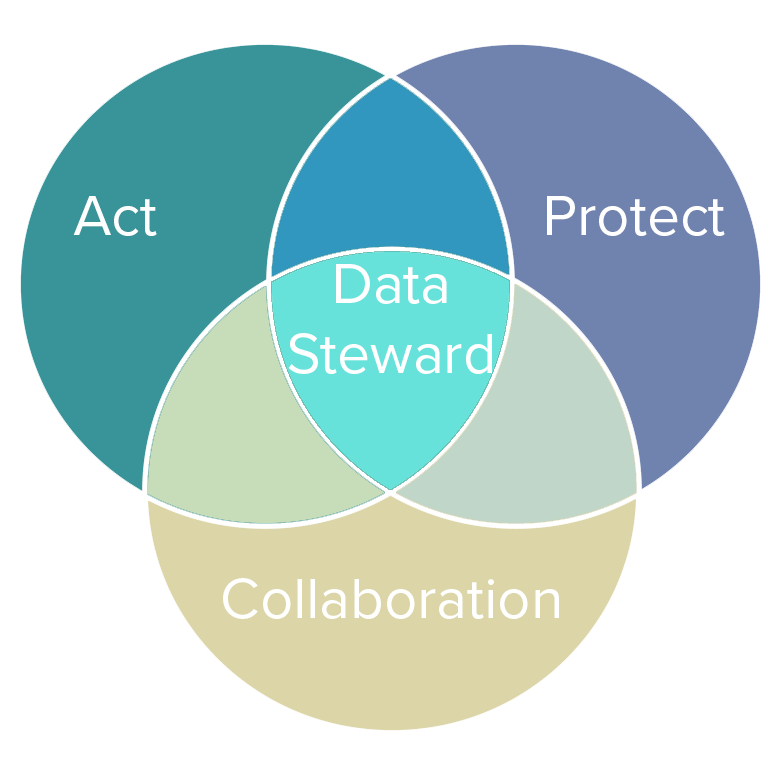Medium Article by Stefaan G. Verhulst: “…Yet even as we see more data steward-type roles defined within companies, there exists considerable confusion about just what they should be doing. In particular, we have noticed a tendency to conflate the roles of data stewards with those of individuals or groups who might be better described as chief privacy, chief data or security officers. This slippage is perhaps understandable, but our notion of the role is somewhat broader. While privacy and security are of course key components of trusted and effective data collaboratives, the real goal is to leverage private data for broader social goals — while preventing harm.
So what are the necessary attributes of data stewards? What are their roles, responsibilities, and goals of data stewards? And how can they be most effective, both as champions of sharing within organizations and as facilitators for leveraging data with external entities? These are some of the questions we seek to address in our current research, and below we outline some key preliminary findings.
The following “Three Goals” and “Five Functions” can help define the aspirations of data stewards, and what is needed to achieve the goals. While clearly only a start, these attributes can help guide companies currently considering setting up sharing initiatives or establishing data steward-like roles.
The Three Goals of Data Stewards

- Collaborate: Data stewards are committed to working and collaborating with others, with the goal of unlocking the inherent value of data when a clear case exists that it serves the public good and that it can be used in a responsible manner.
- Protect: Data stewards are committed to managing private data ethically, which means sharing information responsibly, and preventing harm to potential customers, users, corporate interests, the wider public and of course those individuals whose data may be shared.
- Act: Data stewards are committed to pro-actively acting in order to identify partners who may be in a better position to unlock value and insights contained within privately held data.
…(More)”.
